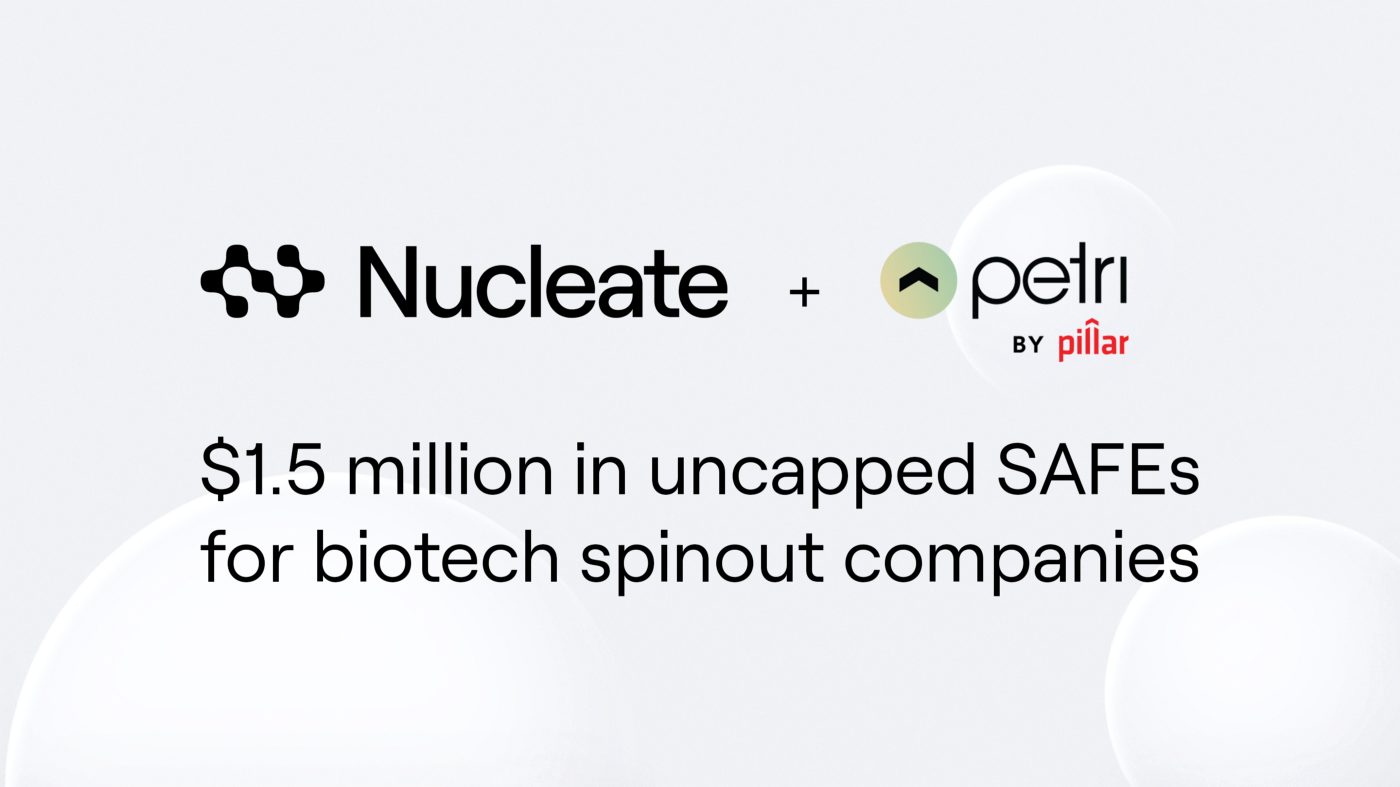When I began my PhD at MIT in 2012, it was surprisingly unusual to have entrepreneurial interests in biotech.
MIT was at the heart of the biotech universe – Kendall Square, Cambridge, MA – and was surrounded by many of the best biotech entrepreneurs and venture capitalists in the world. Still, most professors had strictly academic interests, and only a few professors were famously “entrepreneurial,” like Bob Langer or George Church. Many grad students’ stated goals were to become a professor, and a typical next step after graduating was to do a postdoc or to join the ambiguously termed “industry.” The only alumni that I knew from my program that had started a company were the founders of Ginkgo Bioworks, still young and under the radar and yet to raise any venture capital funding.
By 2015, it began to feel like something was changing.
Biology was exploding with new discoveries and technologies, with breakthroughs in genome engineering, the microbiome, and immuno-oncology arriving in rapid succession. Companies were forming in many labs, and culture started to change. In April 2015, we launched MIT Biotech Group expecting to find a few like-minded students interested in biotech entrepreneurship, VC, and industry. To our shock, the group quickly grew to hundreds, and since then, thousands.
In 2021, the world has a renewed focus on the power of life sciences.
We saw the promises of new platform technologies put to the test to deliver vaccines, therapeutics, diagnostics, and viral surveillance on timescales previously unimaginable. What is stopping us from approaching every disease with the same urgency as COVID-19? Or other areas of need, like sustainability and climate?
Also in 2021, the walls between institutions have dissolved. Students motivated to realize the future of life science entrepreneurship at MIT, Harvard, Stanford, Berkeley, Johns Hopkins, Penn, Cornell, etc. were now suddenly at the same institution. Everyone is in a biotech hub.

was born.
Nucleate is a volunteer team of students and postdocs, across PhD and MBA programs at the world’s leading universities.
They have bootstrapped a world-class training curriculum for bringing every business-minded student of the life sciences into the world of biotech entrepreneurship. In their pilot in Boston in the past three years, they have already helped form 30 new ventures, many that have gone on to raise capital from the best investors in the world. This year, they will at least double this number.
In building Petri, we’ve now been fortunate to partner with 13 teams in the past 18 months, and we’ve seen that when connected with the right resources and mentorship, hungry and visionary first-time entrepreneurs can achieve the unthinkable. Many of these teams spawned from the academic environments where Nucleate supports, and we’ve seen firsthand the depth of this potential.
We are thrilled to work with Nucleate to pledge financing to the teams they bring together.

We are committing $1.5M to fund entrepreneurs from Nucleate’s nationwide program in order to provide the first funding for up to 8 teams as they prepare to spin out of the university setting.
We will structure this funding as SAFE agreements (simple agreement for future equity) with no valuation cap or discount, so that founders can get started without valuing their company upfront. Founders will have the option to receive funding for up to 1 year, ample time to plan the start of their new journey.
Nucleate applications for the current cycle are open until Monday 11/8. If you’re a PhD student, MBA student, postdoc, medical student or resident, learn more about how you can apply here.
Read more at Nucleate’s press release here.
 Tony Kulesa
Tony Kulesa